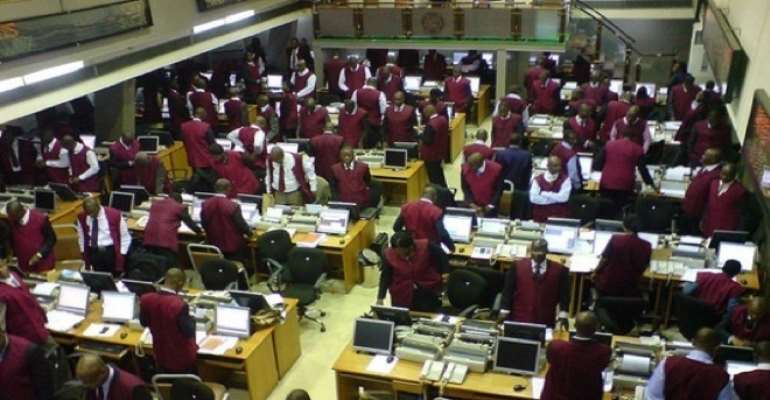WHY UNCERTAINTY BECLOUDS NIGERIA'S ECONOMY

Since the global economy witnessed a recession in 2007, Nigeria’s economy has been surrounded by a distressing cloud of uncertainty, although it was not directly hit by the causative factors. Various steps taken to check the rampaging effects were ineffective. Even after President Goodluck Jonathan became president, this overhanging uncertainty remained the most obvious and definitive characteristic of the nation’s economy.
Hopes arising from the initial positive steps of the president after his impressive engagement of United States government officials, media and business community have dimmed. Equally, high expectations of economic recovery in the aftermath of what is regarded as a decisive banking reform agenda are gradually fizzling out one year after the no-nonsense intervention of Lamido Sanusi, the current Central Bank governor. As at now, it has become business as usual on the economic scene with mediocrity, lack of creativity and the characteristic absence of proactive commitment holding sway among leaders. The result has been a crippling lack of confidence among local and foreign investors coupled with seeming confused and uncoordinated economic policies that have kept economy watchers perplexed.
The stifling illiquidity that has persisted in the Nigerian economy and which has defied all the calculations and efforts of the Central Bank has slowed down economic activities considerably, thus increasing uncertainty about the future of the economy. Added to this is the credit squeeze that has refused to go. As a result of banking reforms that are expected to improve regulatory oversight and corporate governance practices in the banking industry, bank credit to businesses has shrunk severely with many companies closing shop or losing businesses. Nothing exemplifies this more aptly than the recent loss of the lucrative English Premier League broadcast rights by HITV, a Nigerian company to South African company, DSTV. The reason HITV lost the lucrative deal was because it was unable to source funds from Nigerian banks that have developed a legendary shyness to advance loans to businesses. In the process, HITV lost the $30 million deposit it had paid. Thousands of firms are groaning under the same yoke. Economic indicators do not show any bright prospects in the nearest future. The result is a lingering uncertainty.
The banking reforms that are considered strategic to the nation’s economic re-engineering are still far from following any clear cut direction. There have been far reaching steps to instil probity and sanity in the industry but so far, the reforms have proven to be uncoordinated and characterised by doubletalk. The fate of banks rescued by the apex bank is still hanging in the balance. From the Central Bank come conflicting signals and policy statements. Just three weeks ago, Sanusi calmed agitated shareholders when he said shareholders would be allowed to determine how to recapitalise the rescued banks. But last week, his now famous doublespeak again played itself out when he announced that four banks were ready for sale as arrangements had almost been concluded for their acquisition by foreign investors and their local allies.
Benjamin Tialobi, a journalist and financial analyst, is currently Editor and Chief Operating Officer, Stockswatch Weekly, Nigeria’s foremost investment newspaper. He can be reached at [email protected].
